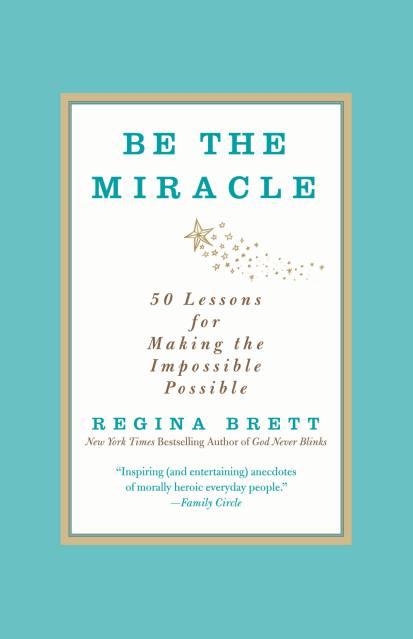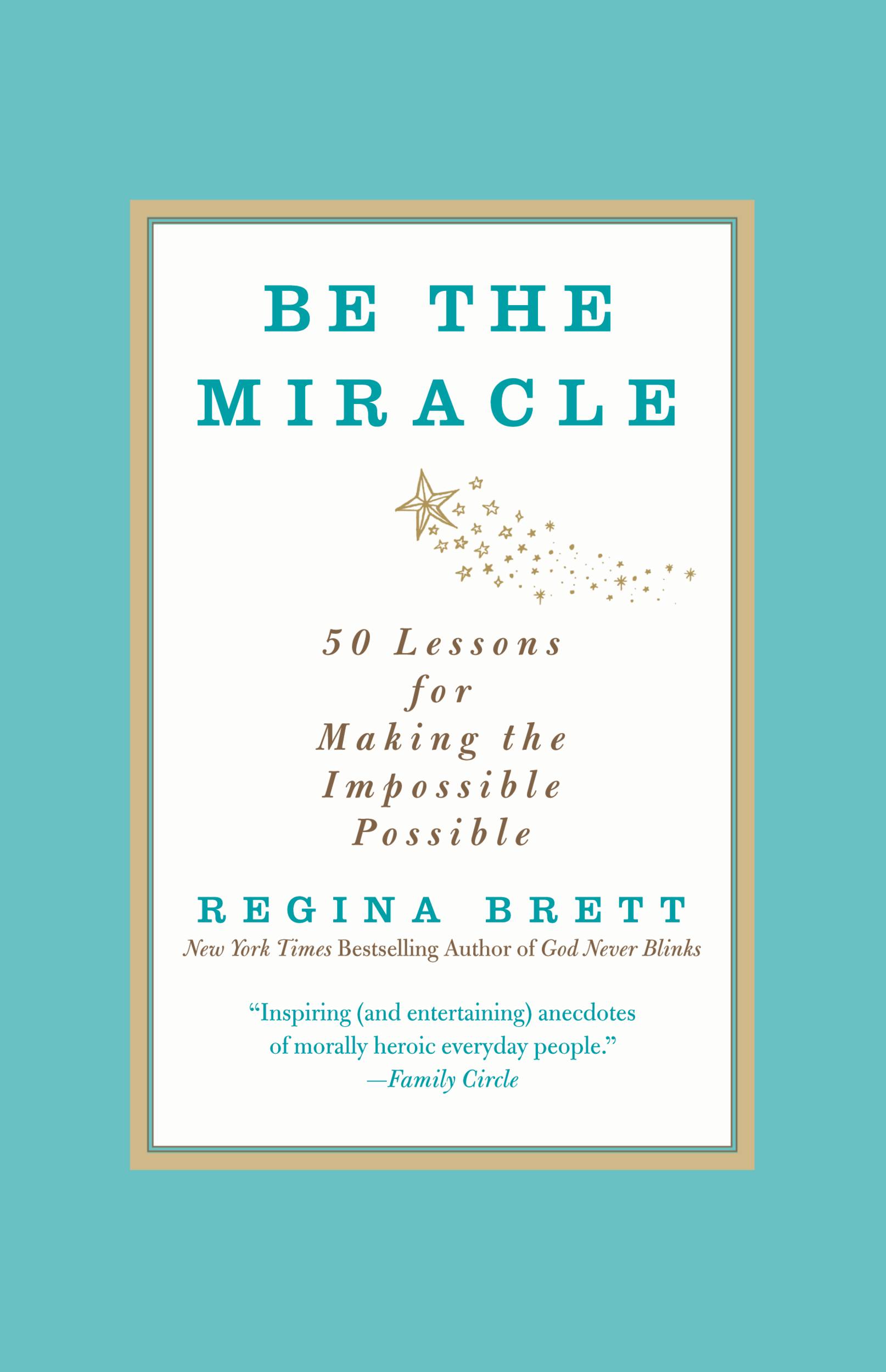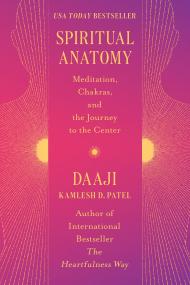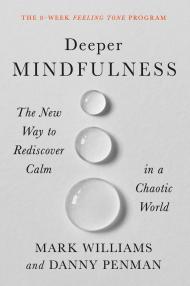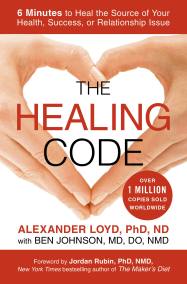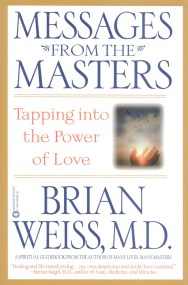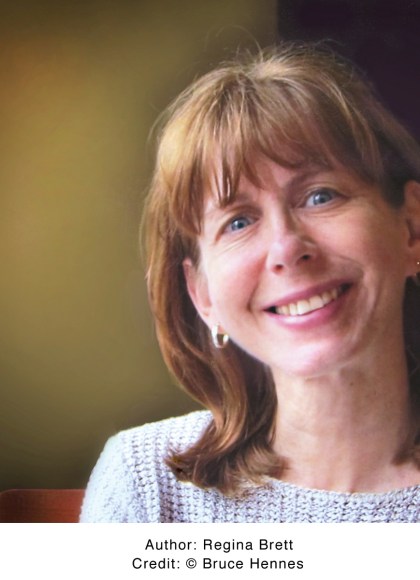Promotion
Use code MOM24 for 20% off site wide + free shipping over $45
Be the Miracle
50 Lessons for Making the Impossible Possible
Contributors
By Regina Brett
Formats and Prices
Price
$11.99Price
$15.99 CADFormat
Format:
- ebook $11.99 $15.99 CAD
- Hardcover $36.00 $46.00 CAD
- Audiobook Download (Unabridged)
- Trade Paperback $17.99 $22.99 CAD
This item is a preorder. Your payment method will be charged immediately, and the product is expected to ship on or around January 6, 2012. This date is subject to change due to shipping delays beyond our control.
Also available from:
Regina Brett, author of the New York Times bestselling God Never Blinks: 50 Lessons for Life's Little Detours offers inspiring stories about the decisions we make and how our choices can make the impossible possible.
Want to live your dreams–or even surpass them? Want the world to change for the better? Want to see a miracle? What are we waiting for? Why not be the miracle?
That's the challenge Regina Brett sets forth in Be the Miracle.To be a miracle doesn't necessarily mean tackling problems across the globe. It means making a difference, believing change is possible, even in your own living room, cubicle, neighborhood, or family.
Through a collection of inspirational essays, Regina shares lessons that will help people make a difference in the world around them. The lessons come from Regina's life experience and from the lives of others, especially those she has met in her 24 years as a journalist. Each chapter is a lesson that can stand alone, but together they form a handbook for seeing the miracle of change everywhere.
With upbeat lessons from "Do Your Best and Forget the Rest" to "Sometimes It's Enough to Make One Person Happy," these lessons will help you accept and embrace yourself, challenge and change yourself, and better serve others.
Want to live your dreams–or even surpass them? Want the world to change for the better? Want to see a miracle? What are we waiting for? Why not be the miracle?
That's the challenge Regina Brett sets forth in Be the Miracle.To be a miracle doesn't necessarily mean tackling problems across the globe. It means making a difference, believing change is possible, even in your own living room, cubicle, neighborhood, or family.
Through a collection of inspirational essays, Regina shares lessons that will help people make a difference in the world around them. The lessons come from Regina's life experience and from the lives of others, especially those she has met in her 24 years as a journalist. Each chapter is a lesson that can stand alone, but together they form a handbook for seeing the miracle of change everywhere.
With upbeat lessons from "Do Your Best and Forget the Rest" to "Sometimes It's Enough to Make One Person Happy," these lessons will help you accept and embrace yourself, challenge and change yourself, and better serve others.
Genre:
- On Sale
- Jan 6, 2012
- Page Count
- 288 pages
- Publisher
- Balance
- ISBN-13
- 9781455505975
Newsletter Signup
By clicking ‘Sign Up,’ I acknowledge that I have read and agree to Hachette Book Group’s Privacy Policy and Terms of Use
